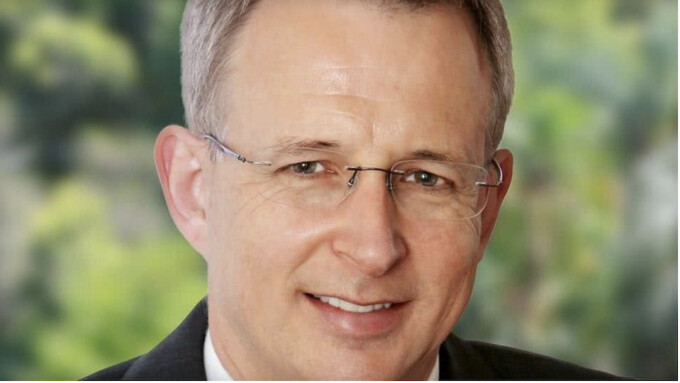CANBERRA, Australia — Australian privacy and digital rights advocates have expressed mounting concern over the nation’s proposed Online Safety Act, one of the most extreme versions of current attempts worldwide to revise internet regulation and increase the power of the State over online speech and activities.
One of the most peculiar aspects of Australia’s Online Safety Act is that it proposes biometric face scans as a requirement “to access porn,” as Gizmodo and other sources reported last week.
Under the guise of protecting Australian (and minors) from a plethora of real (and also vague or imagined) “online harms,” this extreme version of the bill is currently being rushed through Parliament and has been “drafted to give more powers to the eSafety Commissioner,” the report continues.
This unelected official would have, under the new law, “broad powers to address things such as adult cyber-abuse, image-based abuse and even deal with terrorist content.”
“The internet has brought great social, educational and economic benefits,” Federal Communications and Cyber Safety Minister Paul Fletcher said in December 2020, justifying the law. “But just as a small proportion of human interactions go wrong offline, so, too, are there risks online. By establishing proper protections to help keep Australians safe online, we can in turn help Australians to realize the substantial benefits that come from using the internet.”
The law would allow this eSafety Commissioner to implement “restricted access systems” for internet content it deems inappropriate or “dangerous”
Concerns About Biometrics, Defining 'Abuse'
The proposed Online Safety Act, Gizmodo reports, “allows the eSafety Commissioner to impose a restriction with ‘the objective of protecting children from exposure to material that is unsuitable for children,’ while also considering the burden on an ISP or platform.”
“This means the commissioner could decide that, to access sexual content, users must upload their identity documents, scan their fingerprints, undergo facial recognition technology or have their age estimated by artificial intelligence based on behavioral signals,” UNSW’s Adjunct professor Zahra Szuzsanna Stardust wrote in academic research portal The Conversation, which is widely used by Australian universities and scholars.
Moreover, as Andrew Street wrote for Independent Australia, the Online Safety Bill "seeks to fine sites over half-a-million dollars if they fail to remove ‘serious abusive material within 24 hours.’"
eSafety Commissioner Julie Inman Grant, Street continued, "has reassured lawmakers that only abusive material will be targeted and that she has no interest in pursuing adult material. But the law itself doesn’t make much of a distinction and it’s hard to imagine, say, Reddit deciding to risk millions on setting courtroom precedents on what constitutes abuse when it would be cheaper just to blanket ban everything remotely smutty."
'Beyond Using a Hammer to Crack a Nut'
"The proposed e-safety legislation goes beyond using a hammer to crack a nut," Dr. Paul J. Maginn, a professor at the University of Western Australia who studies sex work and the adult industry, told XBIZ. "The proposed legislation and the role of the e-Safety Commissioner runs the risk of being held to ransom by vexatious complaints by individuals and groups who hold not only anti-sex-work views, but who also hold moralistic views about sex, sexuality and sex education."
Sex worker advocacy group Scarlett Alliance tweeted in January that they were "to say the least, disappointed at the recommendations of the report [about the new law]."
Main Image: Australia's Communications and Cyber Security Minister Paul Fletcher. (Photo: Paul Fletcher, MP)






